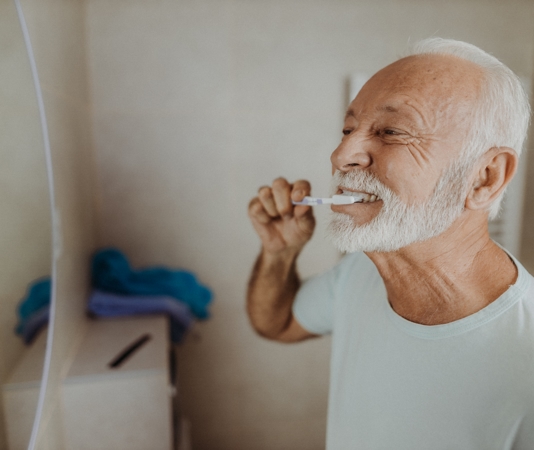When people have a baby, they spend a great deal of time planning for the child’s sleep, establishing a sleep scheduling, and even talking (or complaining) about whether or not the child—and therefore the parents—are getting good sleep. According to experts, good sleep should be maintained throughout all life stages, not just infancy, for optimum health.
As people age, not only do sleep needs change, but also the ability to get quality sleep. However, getting good sleep during all of one’s life can impact their well-being. In fact, poor sleep has been attributed to the development of certain diseases, including Alzheimer’s, depression and heart disease.
While it is true that newborns and infants need the most sleep—about 12-17 hours—adults need 7-9 hours of sleep per night in order to function their best. When someone does not get enough sleep it can create daytime problems such as an increased risk for falls or other accidents, moodiness, forgetfulness and more.
First Step: Identify the Sleep Problem
So many things can disrupt sleep, or even prevent sleep in elders:
- Certain medications may affect one’s ability to fall asleep or stay asleep.
- Pain can make quality sleep a challenge.
- Too many daytime naps can make quality nighttime sleep elusive.
- A sleep disorder such as sleep apnea or restless legs syndrome can lead to loss of sleep.
- Some people living with Alzheimer’s disease may wake frequently and wander at night.
The Sleep Foundation has done research into sleep disruptions. Among possible culprits are noise, light, and the comfort of your surroundings. Simply acting like a detective to determine if there is excess light from electronics in the bedroom or noise from your neighborhood outside, can make a difference in your ability to sleep through the night.
Next Step: Literally Take Steps
Someone who is suffering from poor sleep should meet with their health care provider to determine if there is an underlying medical cause for the change in sleep.
The National Institute on Aging also offers these tips to promote better sleep:
- Exercise regularly each day (but not within 3 hours of bedtime).
- Avoid caffeine late in the day.
- Stay on a schedule by going to bed and getting up at the same times each day and night.
- Avoid eating a large meal close to bedtime.
- Drinking alcohol can make it harder to stay asleep.
- Establish a routine that helps you relax before going to bed.
The Better Sleep Council offers more information on sleep aids and the advantages of a good night’s sleep




.1803151925550.jpg)
